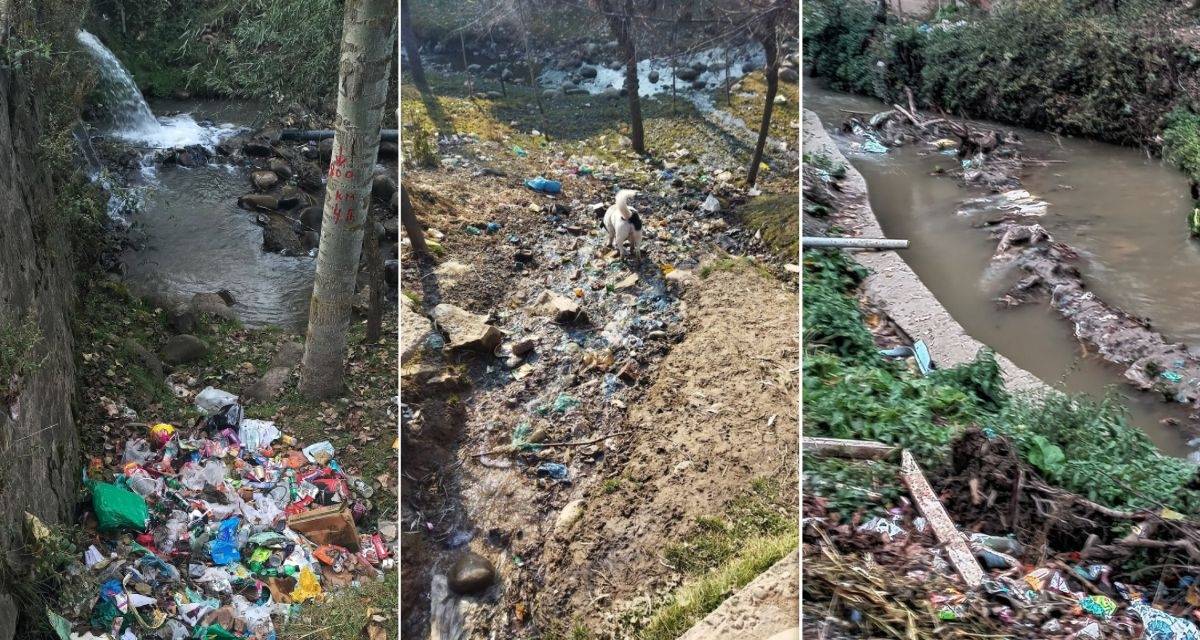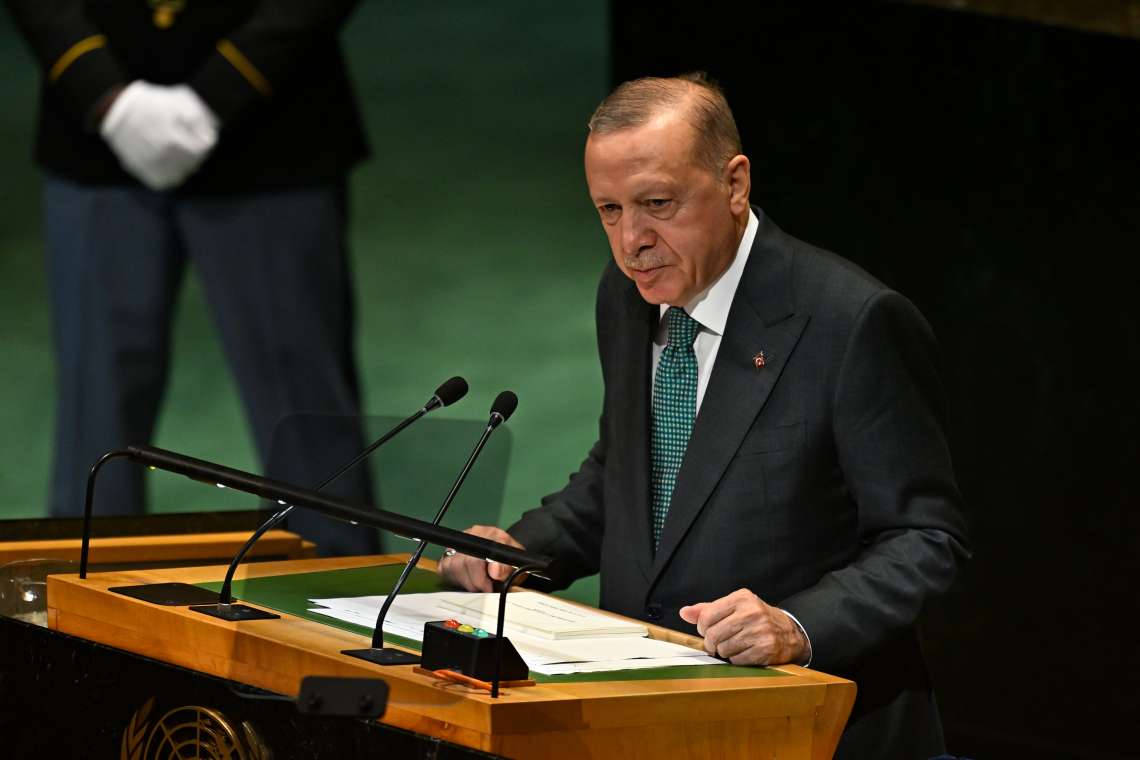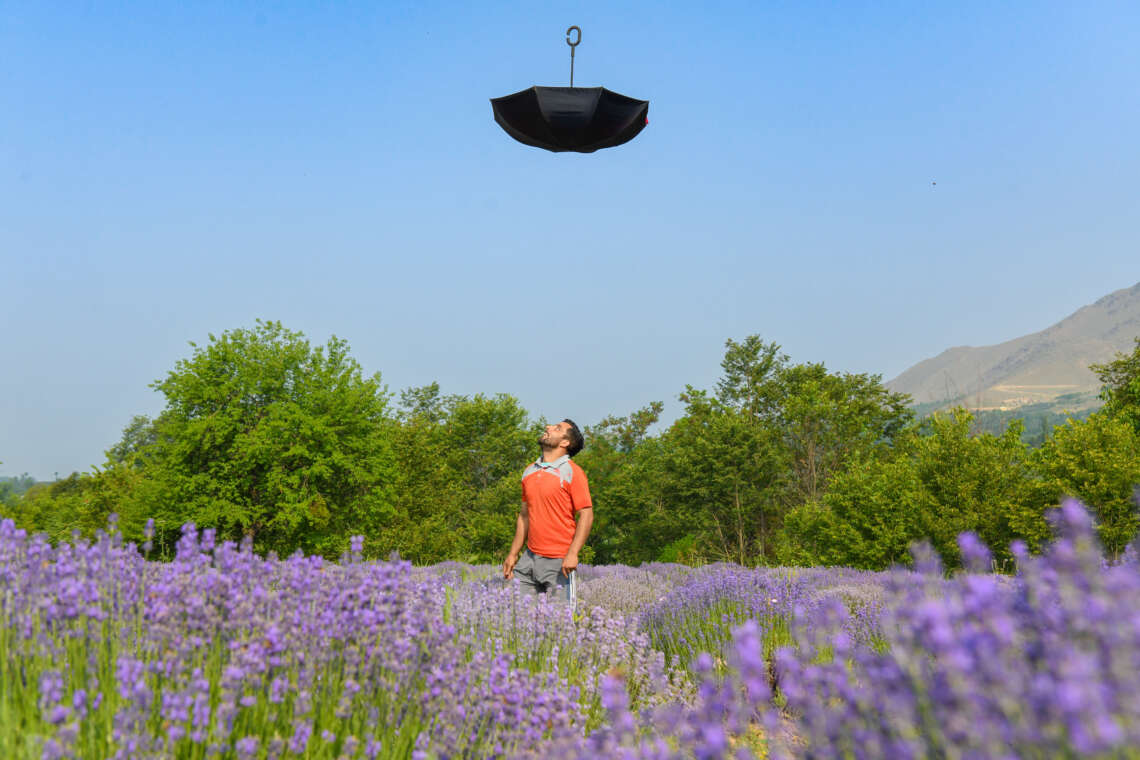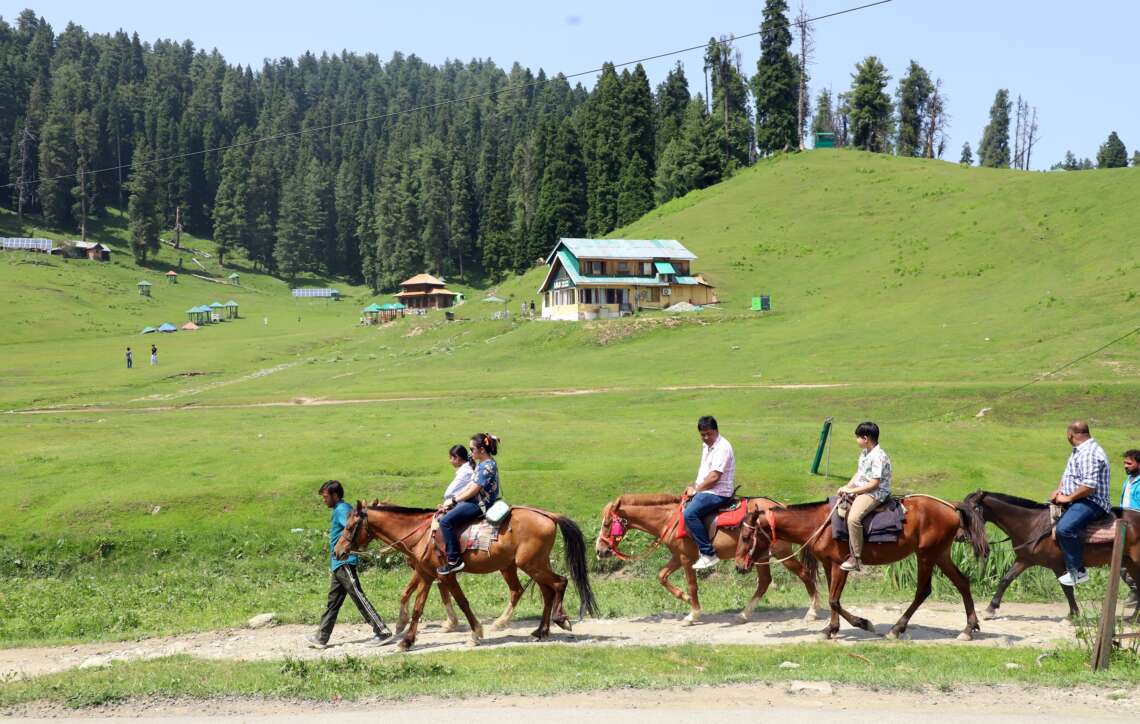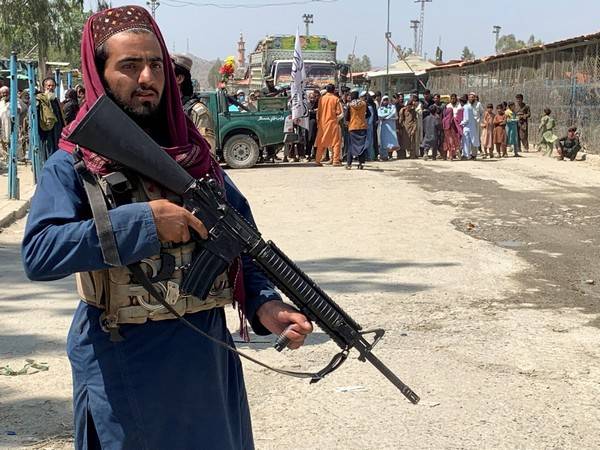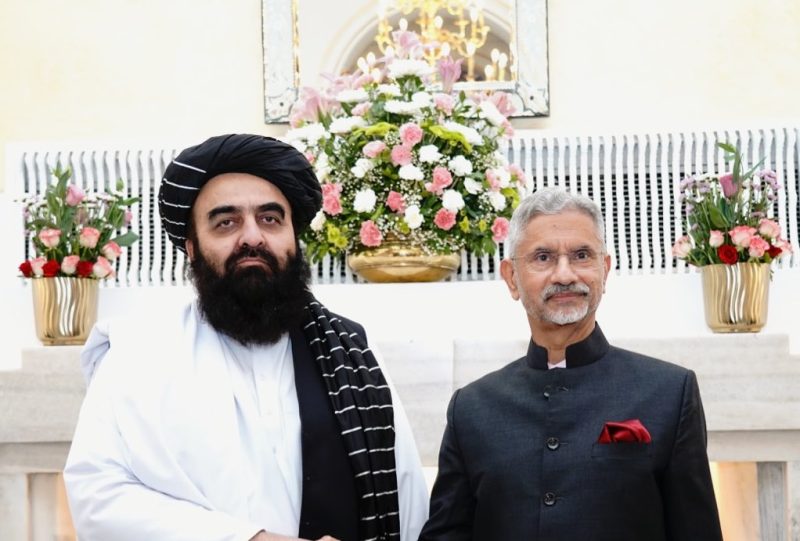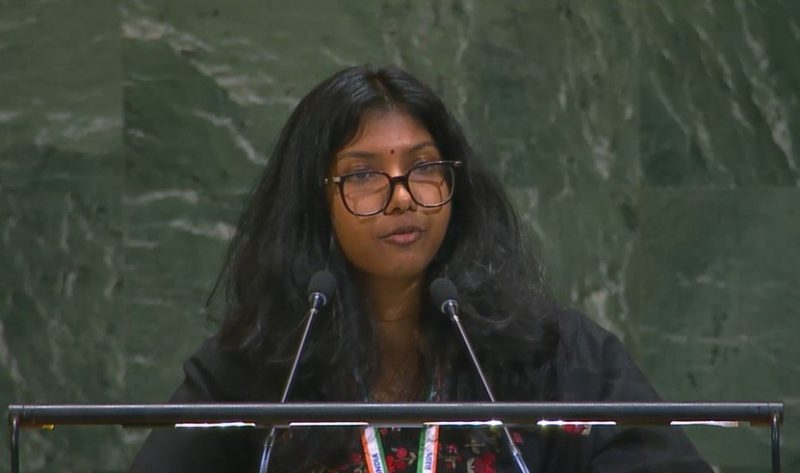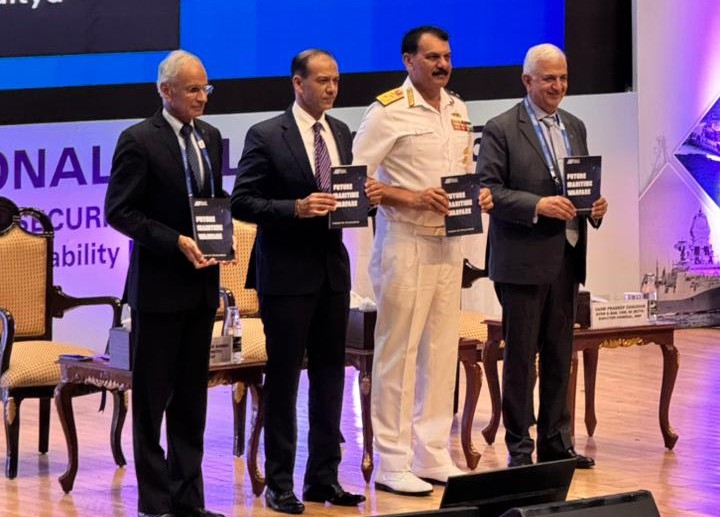In January 2021, Bhat also filed an RTI enquiring about the implementation of rural waste management projects under SBM-G in Budgam district…reports Mukthar Dar
Up until a few decades ago, the small canal (locally known as ‘Gaam-i-kul’) passing through Budgam district’s Lasipora village was not just another feature in Kashmir’s exhilarating landscape. It was also a life-sustaining resource for the villagers. Residents, especially women, would often be sighted on its banks drawing the crystal clear waters carried down from the Karshan stream. However, this beautiful Gaam-i-Kul (Gaam means ‘village’ and Kul translates to ‘water canal’) has lost its charm over the years due to human activity.
“Single-use plastic bags, polystyrenes, and other non-biodegradable material have found their way into the stream. Besides that, untreated solid and liquid waste is directly being discharged into this canal,” Rifat Qadri, a 25-year-old student from the village said.
In Kashmir, there are 2,827 canals most of which are suffering a similar fate.
“There is at least one Gaam-i-Kul in every village in Kashmir, serving as an irrigation canal and as a source of water for its residents for centuries,” said Ghulam Rasool Sheikh, a school teacher from Budgam’s Chakpora village.
“With the advent of modern living, households are now dumping into the kuls their solid and untreated liquid waste without any hesitation, and there is a criminal silence in the civil society and government about this brazen violation of moral and legal laws. We have polluted them so much that they are no longer even fit for agriculture,” Sheikh said. He believes that Gaam-i-Kuls, once a source of livelihood, have now deteriorated to the point that they are affecting the village’s sanitation.
Once a source of life, now a breeding ground of illness
Sheikh’s claims are proven right in every village we visited to report this story. For instance, in Ramhuma village in the same district, the people who reside near the stream dump their waste on the banks every day. Mohammad Yousuf, a local said, “We don’t have a waste processing site. It is the responsibility of authorities to identify a proper site so people can dispose of the waste properly.” Failing this, the canal has become a place where all kinds of communicable diseases originate, he said.
Similarly, the Gaam-i-Kul at the heart of the Chewdara village in Budgam, originating from the famed Sukhnag stream, has turned into a garbage dumping yard. Sarpanch Hilal Mir said that while he has planned to dredge it under MGNREGA it will not be a long-term solution as long as people continue to discharge waste into it. It needs community and administration intervention to safeguard it from further pollution. He added that the government, in collaboration with the panchayat body, should prepare a sustainable long-term plan for waste management for rural residents including providing alternatives for and incentives against dumping into the water bodies.
Around two kilometres away in Ohangam village, a resident, Muntazir Dar, said that their canal “has now become a breeding ground for illnesses. The foul smell emanating from it indicates how serious a health hazard it is to nearby villagers.”
“Labartal kul of Sholipora village, that draws its water from Ahij stream, harbours all the plastic waste generated from the village market. The everyday waste that accumulates in its banks gradually flows into it,” Khursheed Ahmad, another resident said.
Awaiting implementation
Under the Swachh Bharat Mission – Gramin (SBM-G), rolled out by the ruling government in 2014, each state must identify suitable technologies or methods to manage the liquid and solid waste generated from villages. For this purpose, Rs 7,00,000 are allocated for Gram Panchayats having 150 households and Rs 20,00,000 for Panchayats having more than 500 households.
The majority of the population in Jammu and Kashmir lives in rural areas. Yet, only Rs 4 crores have been allocated by the administration towards waste management in rural areas as compared to Rs 464 crores for 91 urban local bodies in the 2019-20 budget.
The fund allocated for solid and liquid waste management through SBM-G remains unspent, according to an official who wanted to remain anonymous. As per SBM-G guidelines, every state should have at least one Solid and Liquid Waste Management (SLWM) consultant at the state level and one consultant for the District Water and Sanitation Mission (DWSM) to guide preparation for SLWM projects.
However, the Department of Rural Development, which controls the Mission Directorate of SBM-G, failed to appoint consultants at the district and state levels, according to an official in the Rural Sanitation Department.
Is hope around the corner for Gaam-i-Kuls?
Advocating for a cleaner Kashmir, notable Srinagar-based RTI activist and columnist Raja Muzaffar Bhat has been keenly following SBM-G policy implementation in the union territory. He said, “The rural areas of Kashmir are facing severe problems of waste management. The unscientific waste disposal in rural areas of Kashmir is more cause of concern compared to our urban areas. People are not sensitised about the proper disposal of waste, and they are discharging their liquid waste to nearby water bodies without any legal or moral impediments. This has become normal practice in every nook and corner of the valley.”
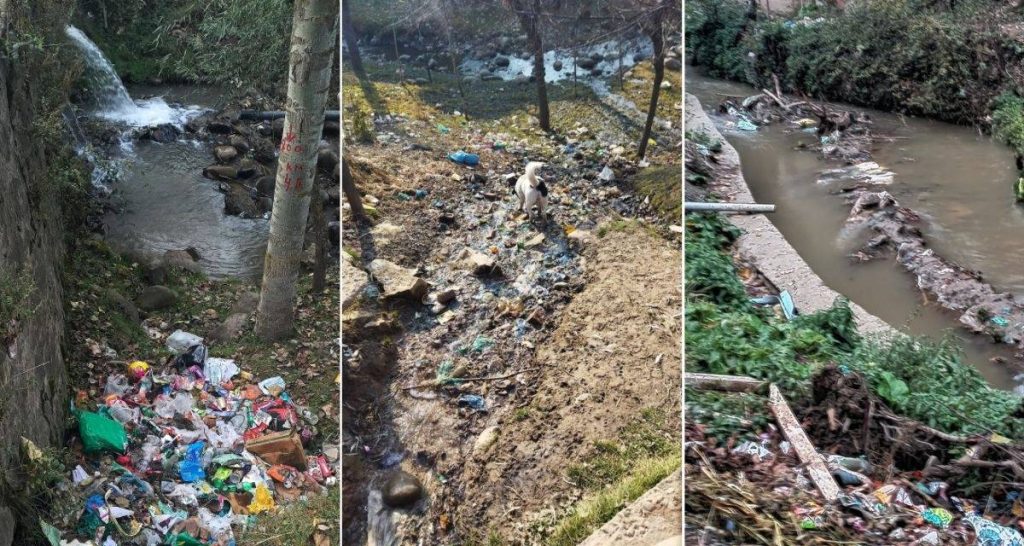
In January 2021, Bhat also filed an RTI enquiring about the implementation of rural waste management projects under SBM-G in Budgam district. The response to the application revealed that not a single project had been implemented in the 296 panchayats of Budgam. “The departments lack technical know-how, and there is also unease within the administration, post the abrogation of Article 370,” Bhat said.
Now a year later, the Rural Sanitation Department has finally begun to implement SLWM programs in Panchayats, according to an official in the Rural Sanitation Department. He said that the SLWM program in rural areas was in the initial stages and they plan to cover 1,000 locations. He further added, “We didn’t have an expert who could guide us in implementing the plan due to which we were facing problems, but recently the department has hired an expert to carry out the waste management plans successfully in rural areas.”
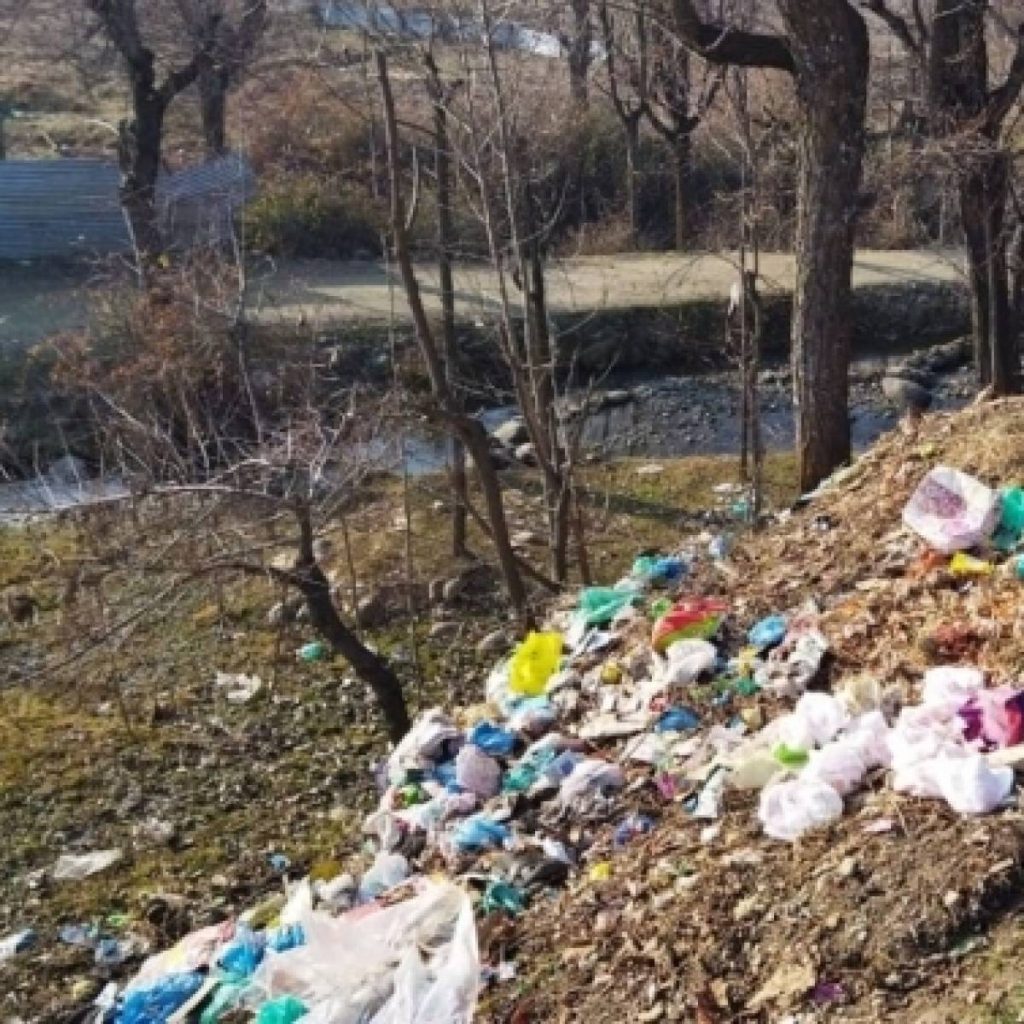
Another official in the Rural and Panchayat Raj Department of Budgam said that the SLWM program had not yet been implemented in any panchayat of Budgam district. “We are going to implement 31 projects for which dumping sites have been identified, and the department has sent a Detailed Project Report (DPR). As soon as the funds are granted, projects will be implemented. Five sites have also been identified where plastic will be dumped and treated scientifically,” he added.


